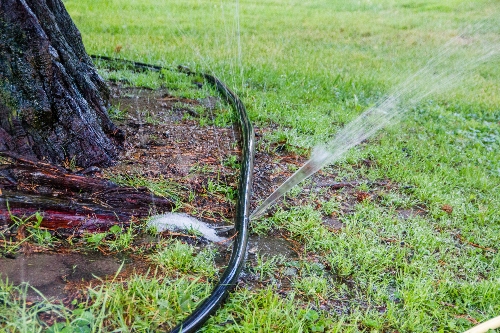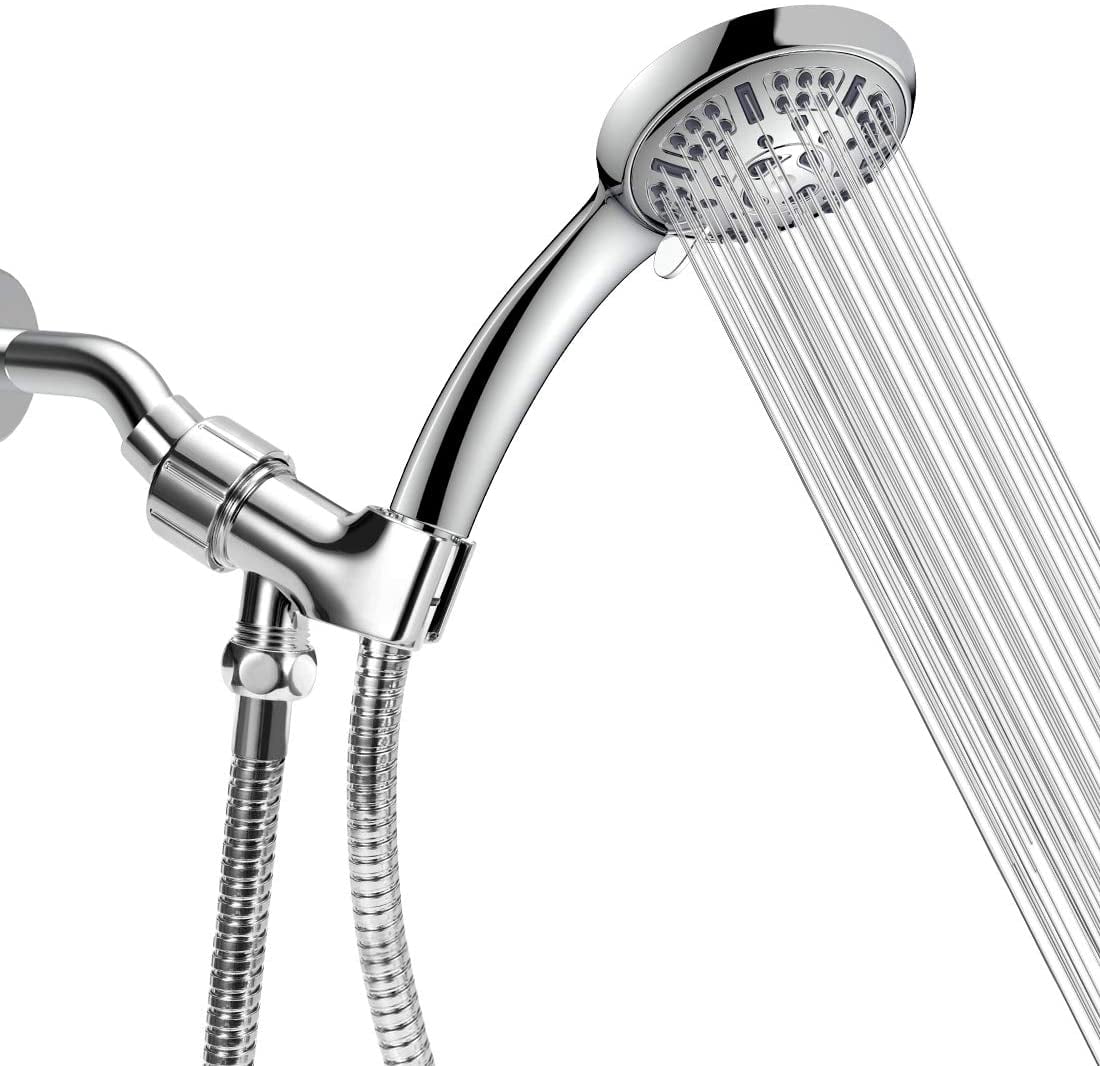The Top 5 Commonplace Water Leak Causes
The Top 5 Commonplace Water Leak Causes
Blog Article
Just about everyone may have their private opinion involving Reasons for Water Heater Leaks.

"Beware of little expenses. A tiny leak will sink a wonderful ship." - Benjamin Franklin.
He couldn't have been a lot more appropriate due to the fact that water leakages in our residences cause a waste of sources, enhancing our water bills. This rise might appear negligible at initially, it can lead to considerable expenses that can damage your bank. In addition to a boost in bills, water leakages likewise create unwanted organic development, architectural damage, as well as also electrical dangers.
If you have a water leakage isn't always very easy due to being incapable to see most of the pipework in your residence, figuring out. If you have had a rise in your water expenses lately, noticed water stains on ceilings and also wall surfaces, smelt lousy smell, and so on. You may want to consider asking for plumbing solutions to get it took a look at.
There are a number of reasons for water leakages, as well as we have assembled the typical reasons listed below. Check to see if you have actually had related concerns in your home lately.
Clogged drains pipes
Food particles, dirt, as well as oil can create clogged drains and also block the flow of water in and out of your sink. Increased pressure within the gutters can trigger an overflow and also end up fracturing or bursting pipes if undealt with. To stay clear of clogged drains in your house, we suggest you to avoid pouring bits away and routine cleansing of sinks.
High water stress
You noticed your home water pressure is higher than typical however then, why should you care? It's out of your control.
It would certainly be best if you cared due to the fact that your ordinary water pressure should be 60 Psi (per square inch) and also although your residence's plumbing system is designed to withstand 80 Psi. A boost in water pressure can place a strain on your residence pipes as well as cause cracks, or worse, ruptured pipes. Get in touch with a specialist about controling it if you ever observe that your house water stress is greater than normal.
Rust
As your pipework ages, it gets weaker and more susceptible to rust after the frequent flow of water via them, which can gnaw at pipes and create fractures. A visible indicator of rust in your home plumbing system is staining as well as although this might be tough to find due to the majority of pipes hidden away. Once they are old to guarantee an audio plumbing system, we suggest doing a constant appointment every few years and also transform pipes
Damaged pipeline joints
Pipeline joints are the parts of our plumbing system where the pipes connect. They are the weakest factor of our plumbing system. Therefore, they are extra prone to wear and tear. It is important to keep in mind that despite the fact that pipelines are created to stand up to pressure and also last for some time, they weren't developed to last for life; for that reason, they would degrade over time. This wear and tear might cause splits in plumbing systems. An usual indicator of damaged pipeline joints is extreme noise from faucets.
Broken seals
One more cause of water leakages in residences is damaged seals of home devices that use water, e.g., a dishwasher. When such devices are set up, seals are set up around water ports for easy flow of water via the device. Hence, a broken seal can create leakage of water when in operation.
With little or no expertise of plumbing, comprehending your residence's plumbing system enough to take care of several of these issues (without repercussion) can be a hassle. Contact plumbing specialists in Pittsburgh, Divine Superintendence, Rochester, and also environ today, and they'll make those issues disappear.
He couldn't have been more ideal because water leaks in our homes result in a waste of resources, boosting our water bills. If you have had an increase in your water expenses recently, saw water discolorations on wall surfaces as well as ceilings, smelt lousy odor, etc. A boost in water pressure can put a strain on your residence pipelines as well as lead to cracks, or even worse, ruptured pipes. An additional reason of water leaks in residences is broken seals of home devices that use water, e.g., a dishwasher. When such devices are installed, seals are mounted around water connectors for very easy passage of water with the machine.
5 TIPS IN DETECTING A WATER LEAK IN YOUR HOUSE
Water leaks can be hard to find in your home, yet they can be so common. We rely on water every day in our home, which is why a leak can cause big problems. By detecting them early, you can save money and further damage, getting the problem fixed as soon as possible. Here are 5 tips to help you detect a water leak in your home, so you can contact a plumber straight away and get the issue sorted.
Check your water meter
Many people underestimate the value of the water meter in their home. It can be one of the best ways to tell if you have a leak early on, so you can get on top of it before issues start arising. Start by turning off all the water in your home: taps, washing machine, dishwasher, etc. Now take a look at the meter – if it’s still changing with everything turned off, it’s likely you have a fast-flowing leak that you need to get on top of straight away. If nothing changes, then leave your meter for an hour or two and come back to it. Did it change in this time? It’s likely you have a slower leak, which isn’t as urgent but still handy to get fixed so it doesn’t become a bigger problem.
Keep an eye on your bill
Another good way to detect a leak in your home is by keeping an eye on your water bill. It helps if you have a past bill from the same period of time. You can compare like for like and determine whether your water usage has increased significantly. If it has, there may be a leak in your system that you haven’t picked up before. A professional plumber can check through all of your pipes and determine where it is coming from.
Look for damage
If you have a leak inside your home, you will notice damage over time. Take a look at your showers and bathtubs and note whether any of the tiles surrounding the area seem to be discoloured or damaged in any way. There may be water stains, mould or peeling material that has resulted from a build up of moisture over time. Make sure you take a look under sinks at the back of cupboards that don’t get accessed regularly. This is where damage can go unnoticed and build up over periods of time.

I stumbled upon that blog post on Where to Find Water Leaks when doing a lookup on the internet. Be sure to set aside a second to share this article if you enjoyed reading it. Thanks for your time invested reading it.
Plumbing SOS? Reach out! Report this page